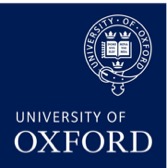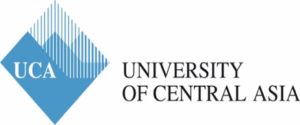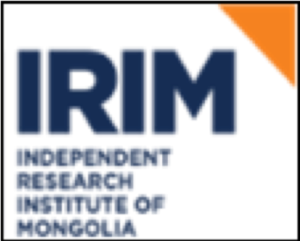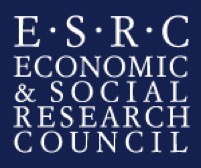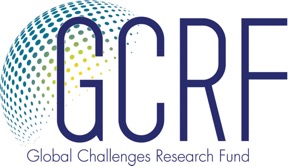Central Asian phase of ‘Gobi Framework’ project launches in Bishkek, Kyrgyzstan
With a focus on livelihoods, communities and mining, the UK-funded Gobi Framework project launched in Bishkek, Kyrgyzstan on April 16, 2019. A collaborative endeavour between the University of Central Asia (UCA), the University of Oxford and the Independent Research Institute of Mongolia, the project ims to develop a framework for sustainable infrastructure development. This was presented as a potential model for inclusive development and social welfare in the context of Chinese infrastructure initiatives across the region. The audience – mining executives, ambassadors, government officials, researchers, civil society, business people and development agencies – shared their experiences and ideas with the project team. Discussion offered much advice, questioned Kyrgyz comparison with other countries and identified potential challenges. The dynamism reflected the interest and topical passion of the applied research project.
As a 30-month research and capacity building project the Gobi Framework engages with key infrastructure challenges in the region where increasingly development is being driven by China’s Belt and Road Initiative. As a neighbour, Kyrgyzstan has significant experience, not all positive, with Chinese investment that heightens awareness throughout society. The project, funded by the UK Economic and Social Research Council’s Global Challenges Research Fund, engages with issues of local communities, governance, policy, and social and environmental impacts in the Kyrgyz context. As the keynote speaker Karybek Ibrayev (Deputy Chair, State Committee for Industry, Energy and Subsoil Use) stressed, the project addresses the challenge of building relationships of trust and cooperation between all stakeholders. He identified how this is instrumental for the development of Kyrgyzstan.
The introductions and presentations from the University of Central Asia Chair and its Director, the UCA lead investigator Dr Kemel Toktomushev and the team from Oxford University’s School of Geography and the Environment set the project’s context and goals. The 60+ participants enthusiastically contributed ideas, challenges, insights and warnings. The directness, relevance and concern of the audience’s contributions to the discussion was remarkable and suggested the work that awaits the project team.
How different stakeholders can mediate disputes and ensure that development is sustainable and inclusive is a key project objective. The research team will explore ways to develop responsive, transparent, and effective interaction and governance at a range of scales. The aim is to develop a model for sustainable exploration of mineral deposits for Kyrgyzstan and Tajikistan that builds on the experience of Mongolia. “The key challenge of the Kyrgyz Government in the mining sector is to ensure balance between an environmental, social, and economic agenda,” said UCA’s Kemel Toktomushev. “It should address the context of local communities with respect to extraction of local deposits by mining companies”. The key focus is on what can be achieved in local settings by people through an applied Mediation Model. Drawing on research and experience the team’s objective is to enhance the capacity of communities, governments and companies to minimise negative impacts of mining projects whilst encouraging inclusive social development and welfare.
